
People no longer only consume food which they have grown themselves. Most of the time, we do not know the processes our food goes through from when its first grown to when we actually buy it. We rely on supermarkets and other retailers to provide us with our food stuffs and any information we need to know.
Basic Food Safety
For many of us, knowing about the basic food safety is something we take for granted. We seem to instinctively know how to avoid food poisoning and how to handle food, possibly because our mums taught us at a very early age. However, there are still an estimated 48 million cases in the US (about 1 in 6 persons) of suspected food poisoning every year.
Basic food safety rules:
- Always buy food from a reputable retailer
- Always buy fresh perishable foods and use as soon as possible
- Avoid buying foods that are passed their “best before” dates or foods that are in damaged packages and containers
- Keep your hands, kitchen cloths and utensils and surfaces clean when preparing food
- Make sure you put food into the freezer or fridge as quickly as possible once you have bought it
- Make sure you keep cooked food and uncooked food separately in the fridge. Uncooked meat should be always below cooked meat in the fridge)
- Use separate boards to prepare raw meats and cooked food / fresh fruits to prevent contamination and always clean thoroughly with disinfectant and hot water
- Wrap food in clingfilm to prevent contamination with other food.
Processing our food
Processing our food and increase its shelf life and the nutritional value, reduces our risk of food poisoning and improve the look, feel and taste of out food. Generally speaking, food processing is any ways of changing the natural state of food
Some processed foods and self evident like cheese which is processed from milk. Some not so obvious examples are for example baked potatoes, scrambled eggs, tinned sardine and frozen peas. All these foods have been altered in some ways.
One of the key reasons manufacturers process food is to preserve it and give it a longer shelf life so that we waste less food and allow food to travel greater distances. Food processing attempts to prevent the time it takes for microorganisms to attack the food. While not all microorganisms are bad for us (we use the good ones to ferment milk to make yoghurt and cheese), there are plenty of other microbes that do need to be eradicated if our food is to last longer without causing us problems.
Common ways of processing our food:
- Adding chemicals
- Controlling the temperature
- Controlling the flow of air
- Exposing food to radiation
- Removing water




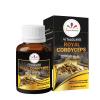
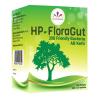


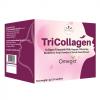
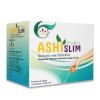
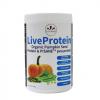
Facebook Comments